Read or listen offline
Amazon KindleRecommendation
Russian expert and scholar Loren Graham covers the history of technology and science in the former Soviet Union in this singular treatise on a failed national system. He details the overlooked contributions of top Russian scientists, inventors and theoreticians since the 1800s. Due to poor leadership, corruption and lack of entrepreneurial infrastructure, the Soviets failed to seize leadership in almost every major, 20th-century scientific or high-tech field, except for space, software and nuclear power. Graham explains how Russia’s totalitarian system kept its scientists’ ideas off the world stage. His history makes recent Russian events relevant in that they continue a pattern of repression. The effect is the same – whether a czar, Lenin, Stalin or Putin is in charge. getAbstract recommends this fascinating, tragic history of failed or wasted scientific and technological development to historians, scientists, politicians and students.
Summary
About the Author
Loren Graham, professor emeritus of the history of science at MIT and research scholar at the Davis Center for Russia and Eurasian Studies at Harvard, wrote Ghost of the Executed Engineer.








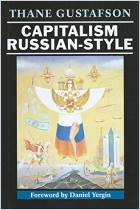
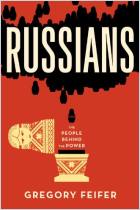
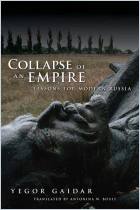
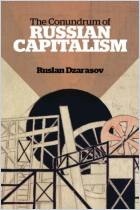
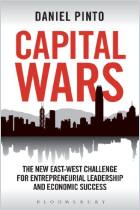
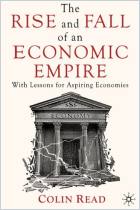





Comment on this summary or Démarrer une discussion